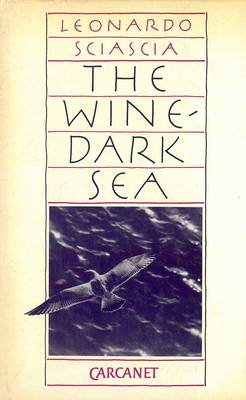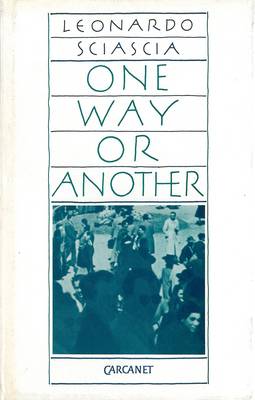Paladin Books
4 total works
The expression 'Sicilian uncle' has the same sense in Italian as 'Dutch uncle' does in English, but with sinister overtones of betrayal and inconstancy. The four novellas in Sicilian Uncles (1958) political thrillers of a kind - are the first fruits of Sciascia's maturity. In these stories, illusions about ideology and history are lost in mirth, in suffering, and innocence is abandoned. Each novella has its historical moment: the Allied invasion of Sicily, the Spanish Civil War, the death of Stalin, the 'events' of 1948. These occasions and their consequences are registered in the lives of Sciascia's wonderfully drawn characters. Each has voice, wit, and a private history which open out onto the wider circumstances of his time, and hint towards the later work of Sciascia.
Leonardo Sciascia was an outstanding and controversial presence in twentieth-century Italian literary and intellectual life. Writing about his native Sicily and its culture of secrecy and suspicion, Sciascia matched sympathy with skepticism, unflinching intelligence with a streetfighter's intransigent poise. Sciascia was particularly admired for his short stories, and The Wine-Dark Sea offers what he considered his best work in the genre: thirteen spare and trenchant miniatures that range in subject from village idiots to mafia dons, marital spats to American dreams. Here, in unforgettable form, Sciascia examines the contradictions—sometimes comic, sometimes deadly, and sometimes both—of Sicily's turbulent history and day-to-day life.
This short novel about the mafia is also a mesmerizing demonstration of how that organization sustains itself. It is both a beautifully written story and a brave act of denunciation. A dark-suited man is shot as he runs for a bus in the piazza of a small town. The investigating officer is a man who believes in the values of a democratic and modern society, and soon finds himself up against a wall of silence and vested interests. The narrative moves on two levels: that of the investigator, who reveals a chain of nasty crimes; and that of the bystanders and watchers, of those complicit with secret power, whose gossipy furtive conversations have only one end: to stop the truth coming out.


